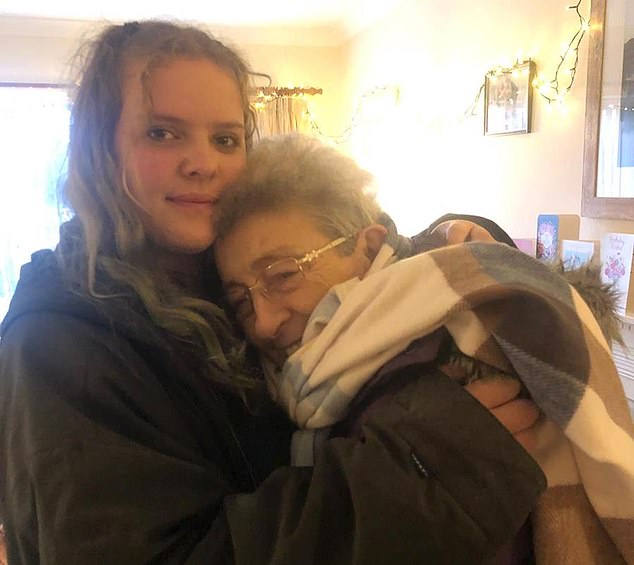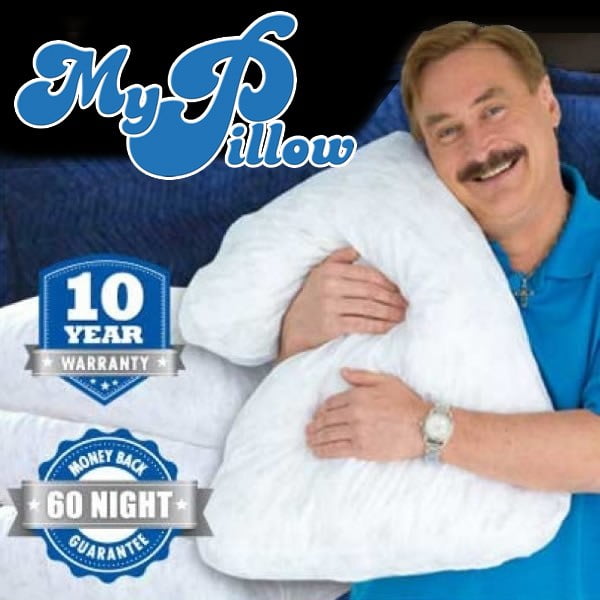My husband and I watched her sleep. We watched as she shuddered, grimaced, smiled. The traces of dreams flitting across her still-beautiful face.
It reminded me of how we would watch our newborn daughters, hovering over the Moses basket, just watching them breathe. Anxious witnesses to the extraordinary fact of their continuing existence. Terrified that as miraculously as they had arrived, they might once again disappear.
Sitting at my mother-in-law Maureen’s bedside – her deathbed, truthfully – I was filled with that same sense of wonder at the nature of beingness. How we do not exist and then we do; and then our time is up.
The astral portal – where we arrive and depart – has its own rhythms, its own particular time frames. Birth and death cannot be hurried. For the witnesses, those who sit by the bedside, or wait in the corridor, the urgency of our lives of ‘doing’ evaporates.
The only task is just to be there, to be present, to watch.

Maureen Harrison, my mother-in-law, died just over a week ago. In our culture, mothers-in-law often get a bad rap, the butt of every bad comedians’ jokes, but I have found through caring for mine, as her health waned and deteriorated, as she finally passed away, that somehow, over the three decades we have known each other, this woman, once a stranger, became my kin.
We got the call a few days earlier. You know the one. Usually it comes from a hospital, as it did in our case. Maureen, 86, (and a lifelong reader of the Daily Mail) was being moved to a private room.
As life draws to a close it is hard to get anyone in the medical world to level with you about what is going on, but this time it was explicit.
‘Maureen is very weak,’ the nurse said. ‘We’ve moved her for more privacy. We think she has an infection – oh, and visiting restrictions no longer apply.’
That’s NHS-speak for: Get down here, doesn’t matter when you arrive, just come. Now.
So we did. We got in the car at 6am in London and drove up to Bromsgrove in the Midlands, her home for the past six decades. It was a familiar journey made horribly unfamiliar by the circumstances. As we cruised past her sheltered housing, straight to the hospital, I imagined with a pang of distress her beloved flat with all its family pictures, precious china and a lifetime of mementos, now abandoned.
A fall two months ago had ended her proudly independent existence and necessitated a stay in various hospitals. She wound up in what truly must be an exemplar of the best of the NHS: the Princess of Wales Community Hospital – a low-rise collection of buildings housing those in need of recuperation.

Maureen’s bright ward was full of fading ladies, their hair white, their bodies frail, attended by the kindest nurses. Nothing was too much trouble. A sippy cup of tea. A change of clothes. A rearrangement of my mother-in-law’s lolling head.
We’d been visiting her there for a few weeks, but today was different.
This time she wasn’t conscious when we arrived, but in a deep sleep. She drifted in and out. Those moments when she opened her eyes and really looked – and saw us there and smiled – felt like precious jewels. Moments of true connection, of so much love and recognition of the tight bond that unites us all.
We first met when my now-husband Derek took me to her former house in the village of Rubery, Bromsgrove, for lunch. Back then, Maureen’s own mother, Sadie Lily (my eldest daughter is named Lily in her memory) was still alive. Maureen looked after her mum devotedly for 20 years – Sadie Lily, with her clouds of white hair, made it to 100 and was inordinately proud of her letter of congratulations from the Queen.
On that first visit to Rubery it was as important for me to be introduced to Maureen’s two Yorkshire terriers, Heidi and Daisy, as it was to her and Sadie. Maureen always described herself as a ‘doggie person’. Up to that point, she’d had corgis (like the Queen) all her life – I was shown photographs of what seemed like an endless array of identical dogs going back over the decades, all immaculately groomed and also cared for with devotion and affection.
Maureen and I were not very alike – I’m allergic to dogs! – but we always laughed together and bonded over our mutual adoration of Derek, her eldest son. Soon I was enveloped in her kind attentiveness. She discovered I liked cherry brandy chocolates and would give them to me religiously. I always felt loved and cared for in her orbit, and I found her devotion to family contagious.
After we were married and my daughters were born, our relationship deepened. She was a loving grandmother, driving over at least one weekend a month to see us in the Cotswolds, where my family had a cottage. We would pick raspberries and visit National Trust gardens – she particularly loved Hidcote. She always had a penchant for a good garden centre and a rummage round a car-boot sale. She was a sunny, benign presence and would sing to my girls, ‘You are my sunshine, my only sunshine’ and offer excellent, no-nonsense, advice about their problems or predicaments.

Sitting reading to them when they were little was one of her great pleasures.
And now here I was, sitting at her hospital bedside at the end of her life, rubbing moisturiser into her dry hands, her skin like tissue paper.
I was filled with the thought, both obvious and profound, that this fading human was the grandmother of my daughters, the mother of their dad. Although we are not blood relatives, I have carried her descendants in my womb, as she in her turn carried my husband, so we are indeed now, somehow, all of one flesh.
I sat and stroked her bony leg through the bed covers and tears rolled down my cheeks.
There is a banal, everyday quality to these moments – the surroundings belying the enormity of what is transpiring. As nurses bustle about, offering tea, or shortbread in garish plastic packaging, in front of us is a soul hovering between life and death, balancing twixt this world and the next.
This kind of death watch is all about being. Being present. Taking the time to just show up. For the person dying, but also for those who love them.
I felt my husband’s deep pain, the impending loss of the woman who brought him into the world, who loved – loves – him so much. His love, in turn, shown by the many hours and thousands of miles he has driven over the past few months just to be at her side. Reading to her lovingly, the circle made whole, often when she didn’t even know he was there.
There are bright spots in this darkness. This realisation that we are all family now, for example. His new closeness to his brother and his family – he has stayed in their house near the hospital more in the last few months than he has in the past 20 years. The way my niece, only 17, drove herself to the hospital to be by her grandmother’s side. I feel proud of this family, who through my marriage have become mine.
How the nurses remarked on how dutiful and loving they were. How, when my husband read to his mother, all the other ladies in the ward listened in too (sadly, many of them never seemed to have visitors).
It is such a typical midlife experience, this sitting with someone beloved who is leaving us. But doing it has made me realise something important. That this is the real grit of life. Being there in the preciousness of these final times. That ultimately we are all each other, interconnected, interwoven.
It is at these massive times of transition that the bones of life itself become clear. That the once-so-important party you need to get back for, or deadline you can’t possibly miss, is suddenly revealed as truly not consequential at all.
We popped out for some lunch and at the next table were a young couple, the dad holding their newborn, shushing and rocking it, walking around the pub – proud in his care. Life at its beginnings.
Then we were driving the country lanes. The yellows and golds of the leaves against the blue sky felt hyper-real. Back home I went for a swim in my beloved lake, where the water’s surface was littered with red and golden leaves. The water down at 13 degrees, the shiver of winter. Darkness descending earlier, the year fading away.
We all have our allotted time. Sitting so close to death reminds us of what is really important, makes us relish life itself. And those we love.
Thank you Maureen, for all you have given me.
- Eleanor Mills is the Founder of noon.org.uk and the author of Much More To Come, published by HarperCollins.

